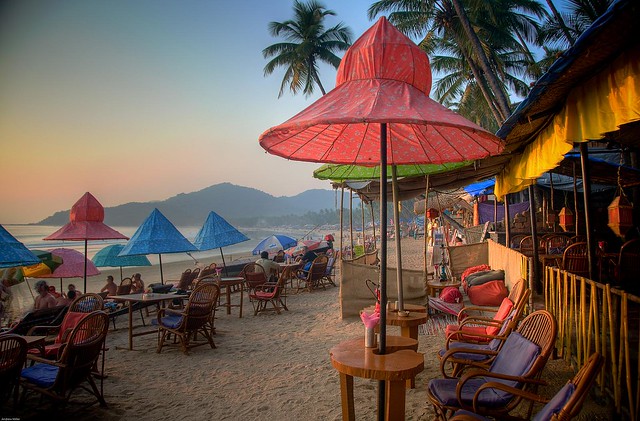|
|||||||
 |
|
|||||||||||||||||||||
Real guest reviews:
Excellent park and fly rates and friendly service
. Tom JThe way to go very convenient
. Jim JExcellent package thanks
. Tom DYour site is helpful and saved me lots of money
. XIAO LIU LWe always find the best rates at hotelnparking
. Judy SDont stay at Days Inn Kenner its too far from New Orleans cruise terminal cost over $40 each way
. Julie GThanks for finding us a hotel with parking on the same day
. Joan SThe service is convenient and the prices seem to be better by comparison. My hotel was okay but next time around I'll choose a more upscale property
. Alice and Douglas DHotel selections are good prices can't be beat on other similar sites or hotels own sites
. Susan CGreat hotels always priced right less costly than hotels directly A+++
. Howard and Alesha KThanks hotelnparking you for taking good care of us
. henry jHotelnparking always the best
. Barbara D
|
|
||||||
Copyright © Hotel N Parking 2010 - 2018 All rights reserved. | |||||||
Hotels, park stay fly and cruise hotel & parking package at all major airports & cruiseports. Stop paying more for cruiseport and airport parking. Book hotel and parking package at our discounted rates and save on long term airport and cruiseport parking.
Save Money Time and Hassle with Our Convenient Park Stay Fly and Cruise Package with Free Airport and Cruiseport Parking and Shuttle.
Park and Fly and Cruise Package available at all major airports and cruiserport Atlanta Stay Park Fly Airport Hotels. Albany ALB, Buffalo BUF, Boston Logan Hotels BOS, Charleston CHS. Kennedy JFK Hotel and Parking, Denver DIA Park Stay Fly, Miami MIA Park and Fly, Fort Lauderdale Park Fly FLL , Orlando MCO Stay Fly, Milwaukee MKE, Minneapolis MSP, Philadelphia Hotel PHL, Phoenix Park and Fly, Newark Hotel and Parking EWR, Baltimore BWI, Los Angeles LAX, Detroit DTW, Atlanta ATL, LaGuardia LGA, Park Fly Buffalo BUF, Park and Fly Dulles IAD, Portland Airport Hotel and Parking PDX, Providence Park and Fly PVD, Toronto Hotel and Parking YYZ, Montreal YUL, Vancouver YVR. DFW. San Francisco SFO, San Diego SAN, Houston, Oakland OAK Park Fly,Manchester MHT, Toronto YYZ, Montreal YUL, Vancouver YVR.
We offer cruiseport hotels with free long term parking at all major cruiseports, Boston Black Falcon, Baltimore, Bayonne Port Liberty, Charleston cruiseport, Galveston, Port Everglades Fort Lauderdale, Seattle, Jacksonville, Orlando, Miami cruise, Cape Canaveral, San Franciscisco Cruiseport. , San Pedro cruise. Long Beach cruise, Tampa Hotels, Los Angeles Hotels. Vancouver Canada Place Cruise Hotels, Tampa, Norfolk, Houston Bay Boston Park and Cruise Hotels.
" You are in a secure environment, all data on this website is encrypted "





